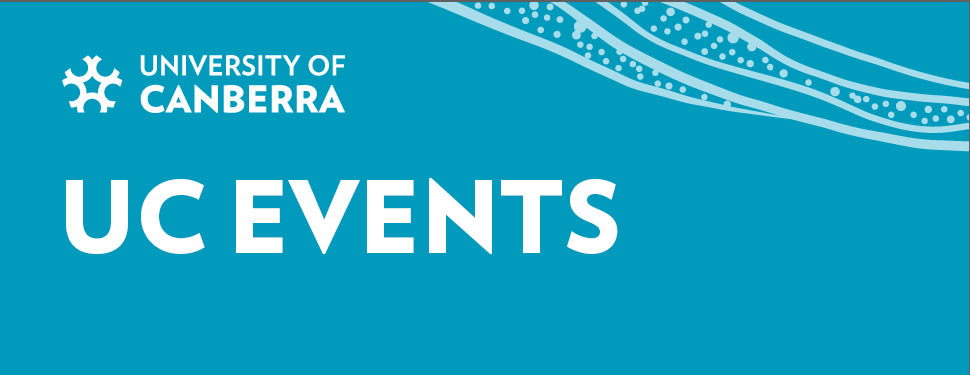Big lunch is BACK! Melbourne bogan-funk favourites Playlunch are set to bring their nostalgia-packed, good-time-guaranteed live shows across the east coast on a mammoth 29 date run in late 2025 and into 2026. Kicking off with an already sold out show in Belgrave, the Sex Ed Regional Tour will hit headline and festival stages across VIC, TAS, QLD, NSW, WA, and ACT from December through to May.Victorian fans who missed out on the band’s Melbourne shows at 170 Russell, The Leadbeater and their surprise late night sets at The Night Cat will have ample opportunity to catch Playlunch in action throughout the first half of the year, with dates in Warrnambool, Phillip Island, Bendigo, Ballarat, Frankston, Lorne, St Kilda, South Morang, Traralgon, and Barwon Heads. The band will venture back across the country to Western Australia, with dates scheduled on NYE, before heading back in January for performances in Bunbury, Margaret River, and Albany, as well as Queensland stops on the Sunshine Coast and Gold Coast. New South Wales lunchers can catch Playlunch in Byron Bay, Albury, Gosford, Sydney, Newcastle, Avalon Beach, Wollongong, and Archies Creek, and Canberra will be treated to a one-off show. Playlunch are also scheduled to return to Tasmania for Good Gumnuts Festival, plus a headline show in Hobart. The regional run follows Playlunch’s completely sold out headline tour in September, where they played their biggest headline shows to date across the country. Reflecting on the tour and looking to the future, Playlunch say: “It’s been such a wild 3 months since we put out our sophomore album Sex Ed, and the response has been insane. The cap city album tour was absolutely bonkers - we’re still pinching ourselves that all those shows SOLD OUT so quickly (in such MASSIVE venues…what the helly) and the response from people was just wonderful. We also know how many people weren’t able to make it to one of those gigs or missed out on a ticket, SO……We’re announcing our biggest headline run to date across regional locations around Australia (with a few festivals and special exclusive shows sprinkled in for good measure!). Touring regionally has always been such a big priority for our band since the very start, and getting around to all the people who continue to support us. To be able to keep the Sex Ed train rolling is so special! We’ll be playing a whole heap of the new tracks from the record live for the very first time in these locations (can’t wait to show you!), as well as all the favs from our debut album.”Having just signed with international booking agency Mint Talent Group in North America, don’t sleep on the chance to see Playlunch in action before the rest of the world catches on.“These will be the last Australian shows for quite a while as we are looking to see what the rest of the world has in store for us; so we hope you are able to grab a ticket and make it a night to remember. Everyone is in for an absolute treat, with a show of nonstop dancing and singing across the whole lineups!”Playlunch’s Sex Ed album, released in August via ABC Music, was immediately adored, debuting at #7 on the ARIA Australian Artist Charts and cracking the Top 5 for physical sales. The release was followed up by an instant classic triple j Like A Version, with the group covering The Weather Girls’ ‘It’s Raining Men’. Earlier this month, Playlunch were nominated for two J Awards, including Unearthed Artist of the Year and Australian Music Video of the Year for their viral single ‘Keith’. The iconic track also made its way into bbno$’s setlist at his recent Melbourne show.With an infectious catalogue of genre-blending tracks covering nostalgic and distinctly Aussie themes like school athletics days, Blue Light Discos, and the peculiar world of daytime TV on a sick day, Playlunch’s upcoming tour promises audiences a sense of euphoric escapism and unabashed joy. Pack your schoolbags and grab your Yu-Gi-Oh! cards for childhood nostalgia’s night of nights, coming to a city near you with additional dates due to be announced in the coming months. Tickets are on general sale from Friday 21st November at 10.00am local time, with DAL/EARLY LUNCH presale available on Wednesday 19th November at 10.00am local time. Visit destroyalllines.com for tickets and further information.


